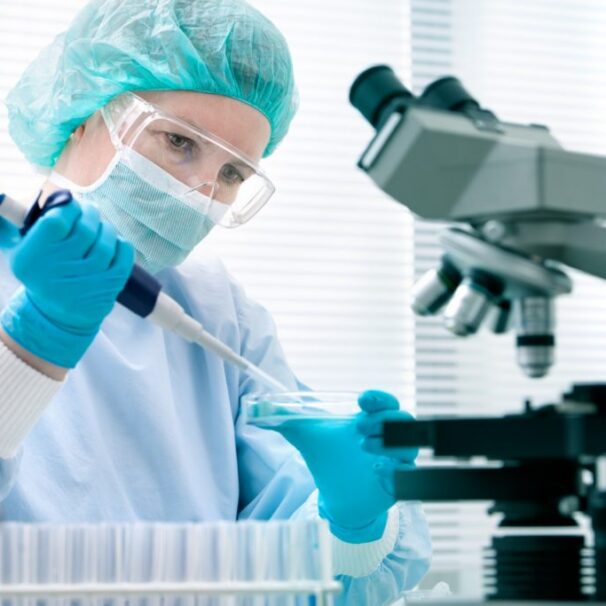HealthProviders DB is a comprehensive database of healthcare providers, including a complete directory of all microbiology specialists and technologists.
Pathology Specialists/Technologist Healthcare Taxonomy Code 246QM0900X
As of today, the following are the total number of Microbiology Specialists/Technologists nationally, in your State, and near your location.
Select a State below to view the list by State. Additionally, you can narrow the list by city, among other options, from the Filter Panel, which you can open by clicking the vertical ellipses ⋮ in the upper right corner of the app.
Alaska – Alabama – Armed Forces Pacific – Arkansas – American Samoa – Arizona – California – Colorado – Connecticut – District of Columbia – Delaware – Florida – Federated States of Micronesia – Georgia – Guam – Hawaii – Iowa – Idaho – Illinois – Indiana – Kansas – Kentucky – Louisiana – Massachusetts – Maryland – Maine – Marshall Islands – Michigan – Minnesota – Missouri – Northern Mariana Islands – Mississippi – Montana – North Carolina – North Dakota – Nebraska – New Hampshire – New Jersey – New Mexico – Nevada – New York – Ohio – Oklahoma – Oregon – Pennsylvania – Puerto Rico – Palau – Rhode Island – South Carolina – South Dakota – Tennessee – Texas – Utah – Virginia – Virgin Islands – Vermont – Washington – Wisconsin – West Virginia – Wyoming
Medicare
The following are the total number of Microbiology Specialists/Technologists who accept Medicare in your State, the number who have opted out of Medicare, and the total number excluded from participation in Medicare nationwide.
The diagram below shows all the Microbiology Specialists/Technologists across the country, represented by blue bubbles. The larger the bubble, the greater the concentration of providers in that area. Red bubbles represent Medicare-excluded providers, with the larger bubbles indicating a higher percentage of excluded providers in that region. You can change the bubble size to be based on exclusions from the Size menu.
What do Microbiology Specialists/Technologists do?
Microbiology Specialists/Technologists perform hands-on laboratory work, including culturing, identifying, and analyzing microorganisms in samples such as blood, food, or water, to diagnose infectious diseases, ensure food and product safety, and support public health initiatives.
They use microscopes, automated equipment, and other scientific tools to identify bacteria, viruses, and fungi, interpret test results, ensure quality control, and maintain detailed records.
What they do
Sample Analysis: They test clinical specimens, food, and environmental samples to identify microbes.
Microbial Culture & Identification: They prepare and maintain cultures of microorganisms and utilize techniques such as microscopy and various stains to identify them.
Antimicrobial Susceptibility Testing: This involves testing whether a microbe is sensitive or resistant to antibiotics, thereby guiding treatment decisions.
Data Analysis and Reporting: They analyze and interpret results, document findings, and report them to healthcare providers or researchers.
Equipment Operation & Maintenance: They operate, maintain, and ensure the accuracy of laboratory equipment and instruments.
Quality Control: They perform quality control checks to ensure the reliability and accuracy of laboratory processes and results.
Public Health Contribution: In public health settings, they track disease outbreaks, identify their sources, and implement strategies to control their spread.
Environment
Microbiology specialists can work in a variety of settings, including:
- Commercial testing laboratories
- Hospitals and clinical diagnostic laboratories
- Public health laboratories
- Pharmaceutical and biotechnology companies
- Food processing companies
- Universities and research institutions

